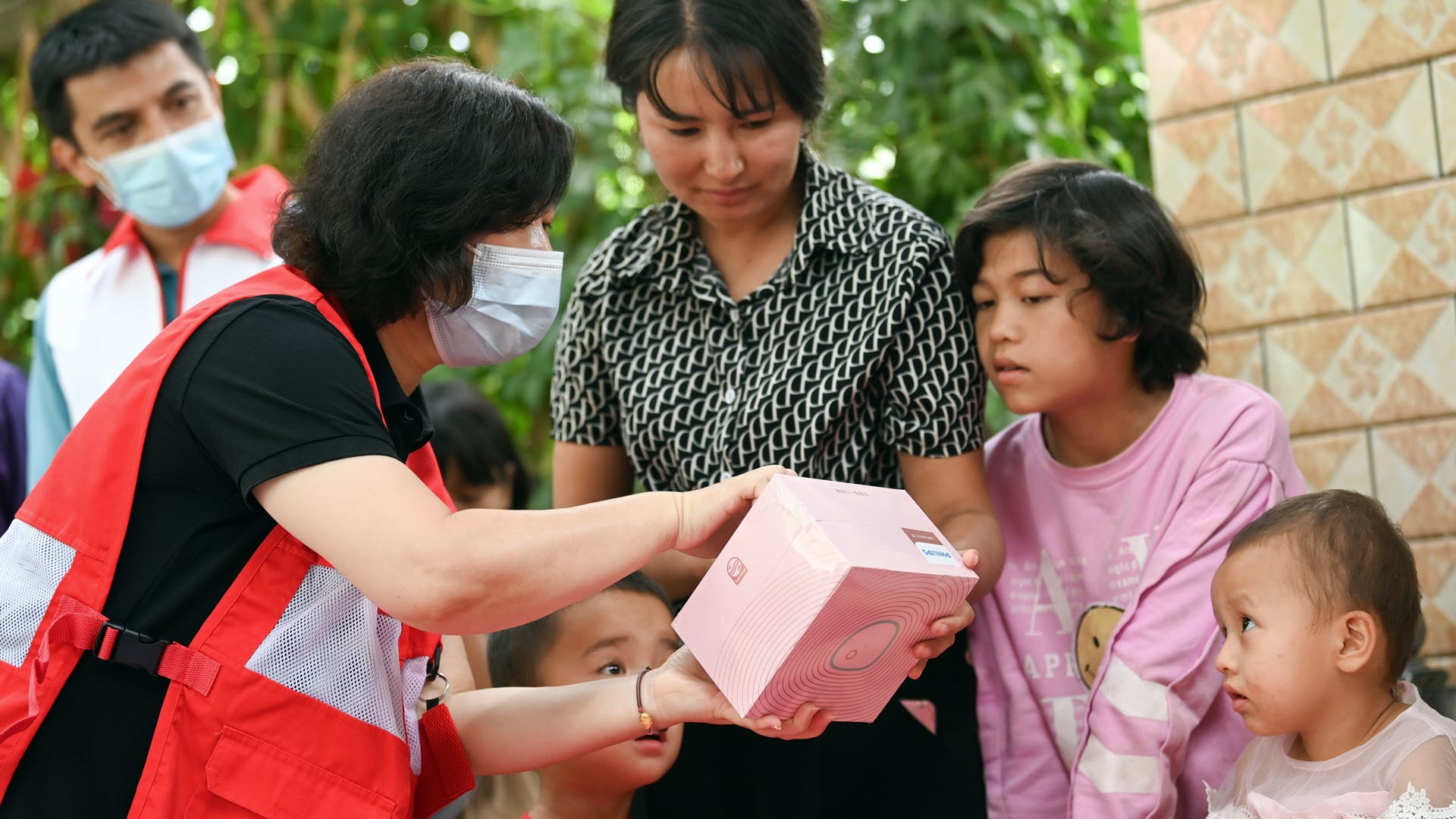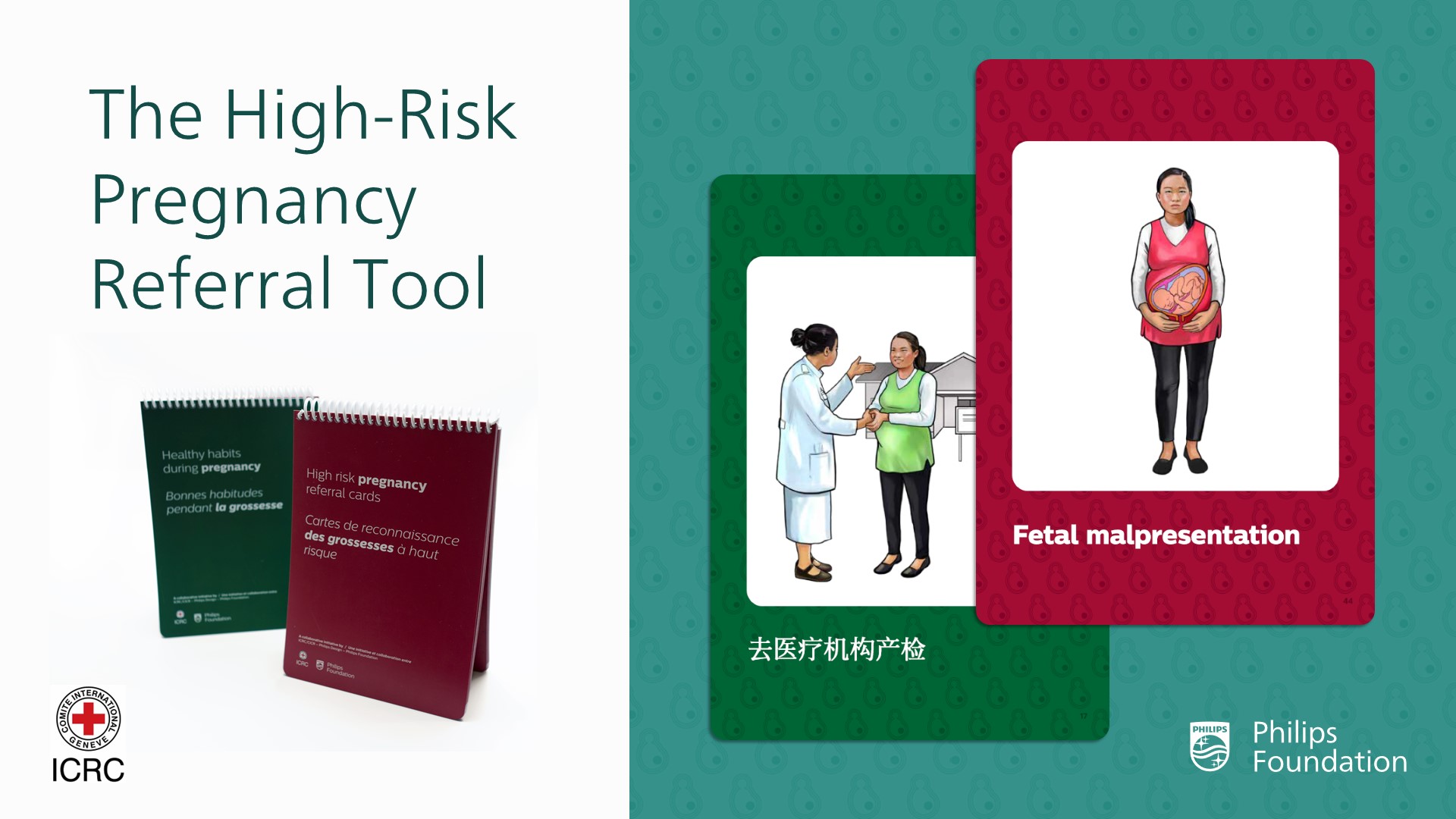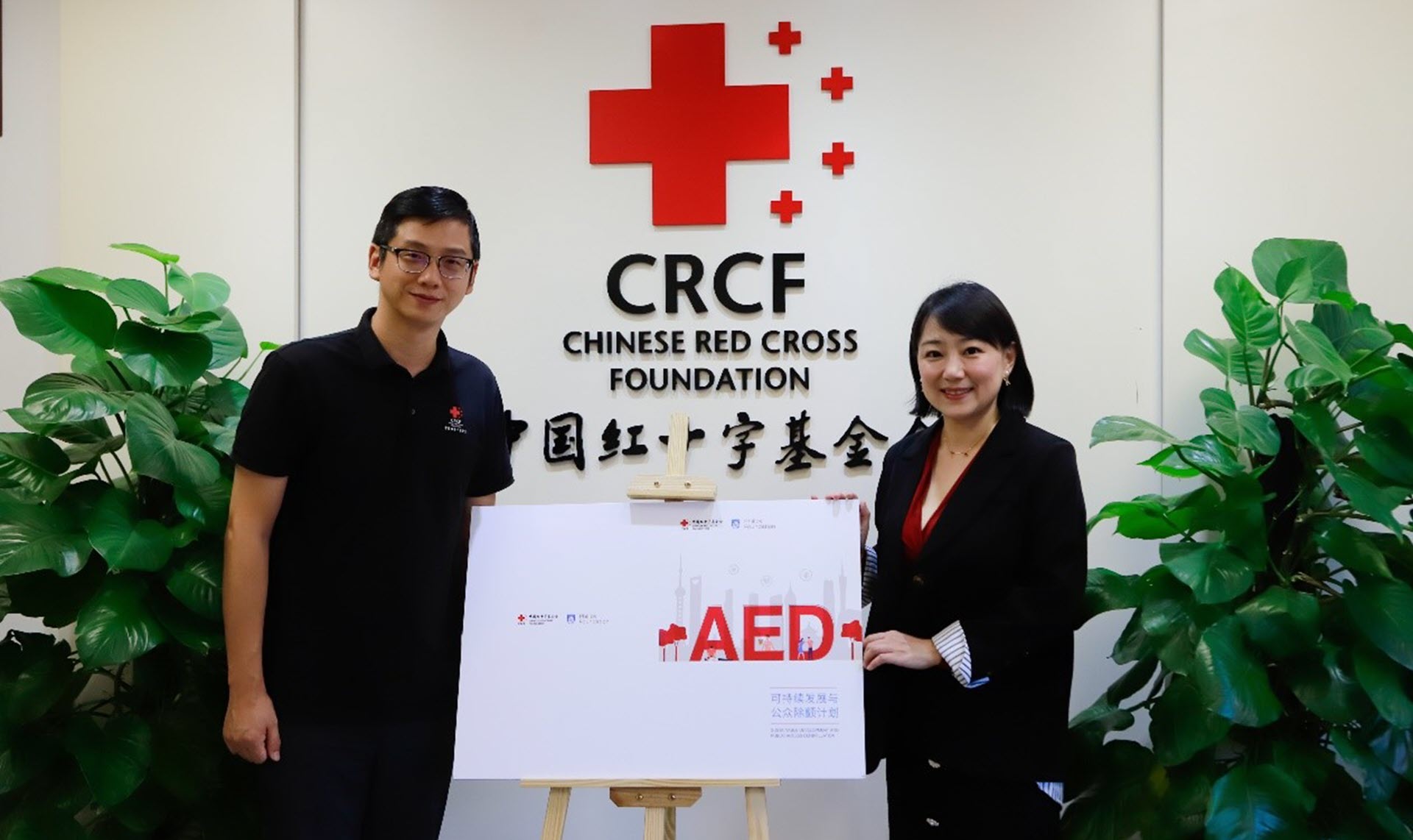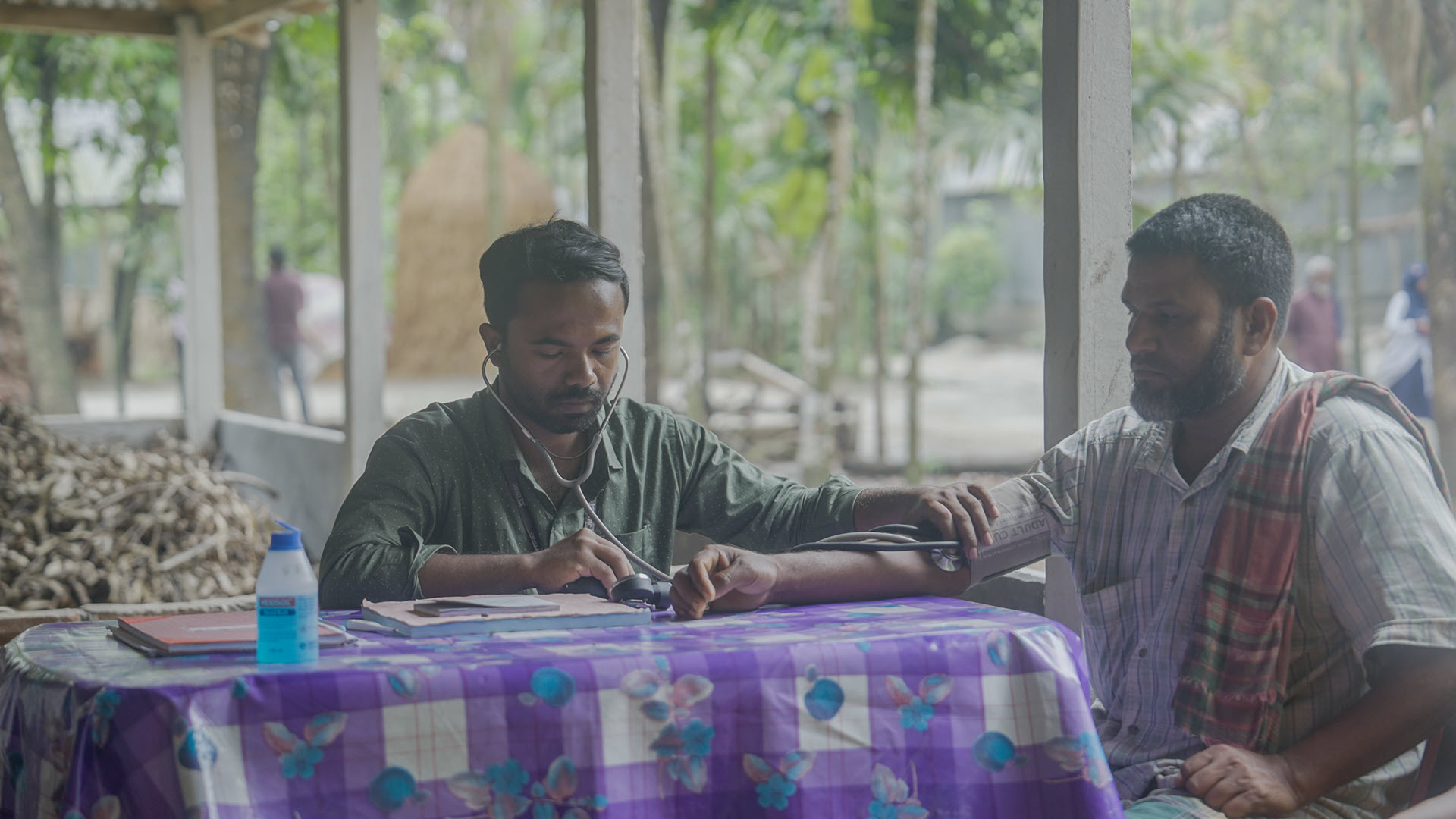In every country, the Foundation tailors its efforts to address specific local issues. In China’s rural communities, access to healthcare remains a significant challenge [1], with fewer doctors, nurses, and hospital beds per person compared to their urban counterparts. Migrant workers from rural areas face additional hurdles in obtaining primary care in cities, partly due to high out-of-pocket costs. As a result, many individuals from these communities do not receive timely care or cannot access preventive services.
Improving rural maternity care
Maternal and child healthcare is a key area in China where significant health disparities exist between urban and rural populations, with preventable neonatal deaths accounting for a staggering 75% of total neonatal deaths in rural areas of China [1].
To help address this issue and improve healthcare access, Philips Foundation, in collaboration with the Chinese Red Cross Foundation and Tsinghua University, has created high-risk pregnancy referral cards — also successfully implemented in Sub-Saharan Africa — to help mothers in rural communities identify potential pregnancy risks, adopt healthy behaviors, and seek timely medical care. By empowering expectant mothers to take control of their care, these cards play a pivotal role in protecting the health of both mother and baby.
“The pilot program of pregnancy referral cards in Western China is poised to positively impact maternal and child health conditions in our country’s western regions. Particularly through the integration of projects with scientific research, it will generate evidence-based findings, providing empirical support and policy backing for enhancing public health standards in rural China,” says Kun Tang, Associate Professor at the Tsinghua University Vanke School of Public Health.










